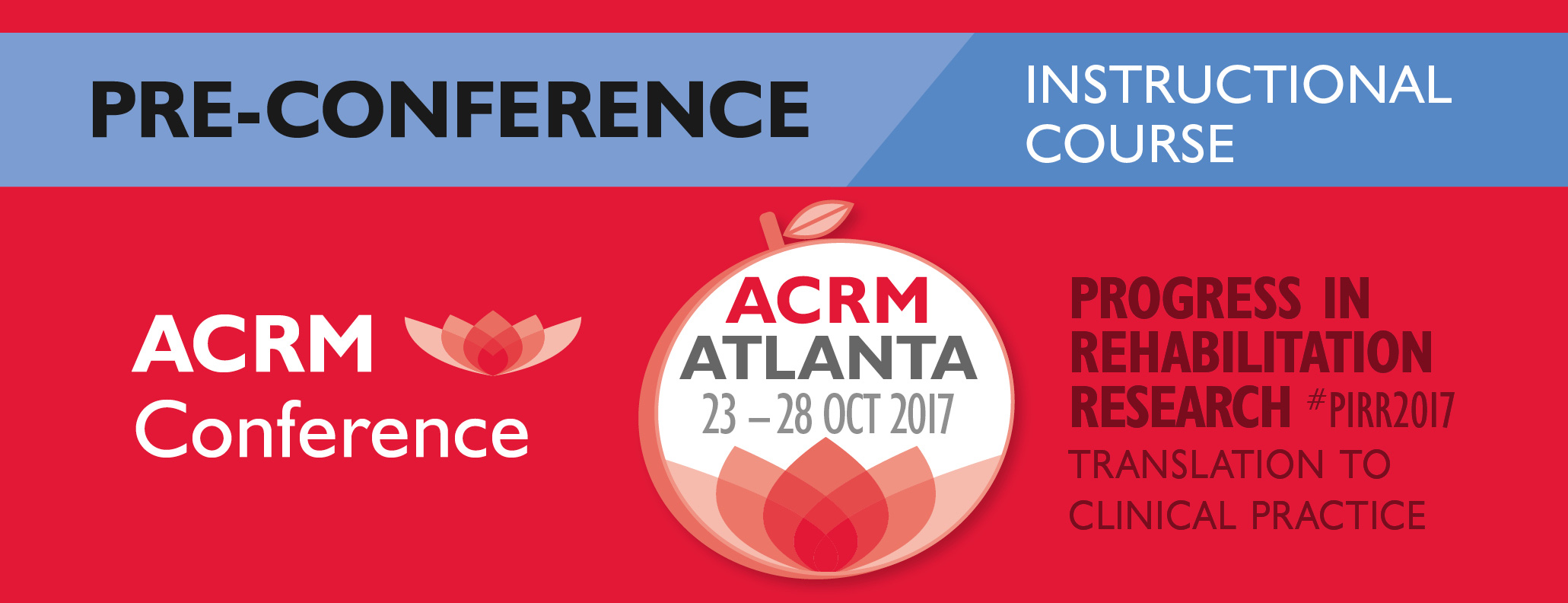WED 25 OCT // 8:30 AM – 12:30 PM
Primary Content Focus: Clinical Practice (assessment, diagnosis, treatment, knowledge translation/EBP, implementation science, program development)
Secondary Content Focus: Quality Improvement and Implementation Science
The current healthcare environment and common approaches to rehabilitation do not emphasize training clients’ in self-management skills to promote continued recovery across the lifespan. Self-management programs may facilitate the individual’s sense of self-efficacy and mastery in managing the condition during post-acute rehabilitation. The purpose of this instructional course is to present current evidence, relevant theories, models for practice, and ideas for translation of evidence into best practice to promote self-management and ultimately active engagement in health and wellness behaviors across the lifespan for persons with chronic conditions. This course aims to have robust discussion on improving long-term recovery in chronic conditions.
LEARNING OBJECTIVES
- Identify and define components of promoting self-management across a continuum of care
- Apply current evidence on self-management into rehabilitation practice
- Critically appraise existing self-management programs
PRESENTERS
Veronica Rowe, PhD, OTR/L
University of Central Arkansas
Jeanne Langan, PT, PhD
University at Buffalo
Marsha Neville, PhD, OT
Texas Woman’s University
Candice Osborne, PhD, MPH, OTR
University of Texas Southwestern Medical Center
William M. M. Levack, PhD, MHealSc, BPhty
University of Otago Wellington
Shelley A. Dean, OTD, OTR/L
Crossway Pediatric Therapy, Inc.
BIOS
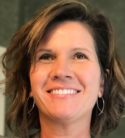
Veronica T. Rowe, PhD, OTR/L, has 21 years of experience as an OT. She is an assistant professor and researcher at the University of Central Arkansas. She has a history of publication and presentations related to measurement and treatment of upper extremity recovery following a stroke. Her past experience as a project coordinator for numerous research studies at Emory University and the University of Southern California involving rehab for the neurologically impaired upper extremity is the foundation her current research endeavors. She is currently working on various projects involving contemporary approaches to neurorehabilitation.

Dr. Jeanne Langan is an Assistant Professor in the Physical Therapy Program at the University at Buffalo. She completed her BS in Physical Therapy in 1990 and her PhD in Human Physiology in 2006. She has a particular interest in developing effective and efficient interventions tailored to the needs of those with chronic physical limitations due to neurological insult. Her research includes incorporating technology to enhance rehabilitation services and collect performance data in all stages of recovery. She has been a member of ACRM since 2009 and is also a member of the Stroke Interdisciplinary Special Interest Group.
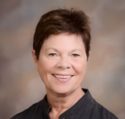
Dr. Marsha Neville is a professor in the School of Occupational Therapy at Texas Woman’s University-Dallas Campus. Her practice in Occupational Therapy expands over 4 decades. It was her work with persons with acquired brain injury that inspired her to pursue a doctorate in Neuroscience. Her research focus has evolved to focusing on transition planning from hospital to home with the goal of increasing healthy lifestyles with persons with stroke. She and her colleagues are currently testing the client-centered Discharge Planning Assessment Tool -DPAT.

Candice Osborne, PhD, MPH, OTR completed a Master of Occupational Therapy at Texas Woman’s University in Dallas, Texas in 2007. She joined the US Army in 2006 to complete her occupational therapy training and worked as a staff therapist in the Army until 2009. Osborne completed a PhD in Rehabilitation Science and a Master of Public Health from the University of Texas Medical Branch in 2015. She has trained in the World Health Organization’s International Classification of Functioning, Disability and Health (ICF) at the Guido A. Zach Institute in Nottwil, Switzerland and has worked as a clinician in the areas of upper extremity orthopedic rehabilitation, neuro-rehabilitation and hospital-based acute care. She currently works as a researcher at University of Texas Southwestern Medical Center in the department of Physical Medicine and Rehabilitation. Her research interests include rehabilitation outcomes, functional assessment, neuro-rehabilitation, burn injury recovery, and ICF application.
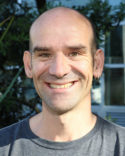
William M. Levack, PhD, is the Associate Dean of Research for the Wellington campus of the University of Otago. He also works as an Associate Professor of Rehabilitation and Academic Head of the Rehabilitation Teaching and Research Unit at the same school. Levack is the Chair of the Review Committee and Professionals Representative on the Executive Committee for Cochrane Rehabilitation, an international, interprofessional field within the Cochrane Community. He has also served as the Treasurer and Secretary on the Executive Committee of the New Zealand Rehabilitation Association from 2007-2015. Dr. Levack has published over 40 peer-reviewed publications on rehabilitation, including two Cochrane systematic reviews. He has also published a number of textbook chapters, and in 2015, co-edited a textbook entitled “Rehabilitation Goal Setting: Theory, Practice and Evidence.” Dr. Levack’s research focuses on rehabilitation for people with neurological and chronic respiratory conditions as well as broader issues regarding interprofessional practice, person-centeredness, and patient engagement in rehabilitation.
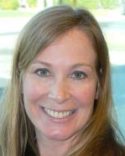
Shelley Anne Dean, OTD, OTR/L is the owner and founder of Crossway Pediatric Therapy and Crossway Academy. Dr. Dean completed her post professional doctorate in Occupational Therapy in May 2015 from Quinnipiac University. She has specialized in pediatrics for over 16 years. Dr. Dean is certified in the Sensory Integration and Praxis Test, Therapeutic Listening, and Handwriting Without Tears: The Print Tool. She also has extensive training in Applied Behavior Analysis, Sensory Oral Sequential Approach to Feeding, Autism Inside and Out, American Sign Language, and Picture Exchange Communication System. In addition to the long term passion for treatment of autism, Dr. Dean has been trained in contemporary neuromotor rehabilitation interventions to treat children with neuromotor involvements, such as hemiparesis secondary to stroke. These include modalities, robotics, myofascial release, kinesiotaping, Saebo, Constraint Induced Movement Therapy, and Musgatova Neuro Reflexive Integration. Her Occupational Therapy Doctorate Capstone research examined a family centered and multicomponent approach for the treatment of children with hemiparesis secondary to stroke. She hosts an annual CIMT camp at her clinic each summer at her practice. Dr. Dean also serves as adjunct faculty at Winston Salem State University’s Program in Occupational Therapy.
ACRM Annual Conference, Progress in Rehabilitation Research (PIRR#2017)
CORE: 25 – 28 OCT 2018 // HILTON ATLANTA, USA // PRE-CONFERENCE 23 – 25 OCT
REGISTER ONLINE HERE or Register by Phone: +1.703.435.5335
 |
 |
 |
 |


